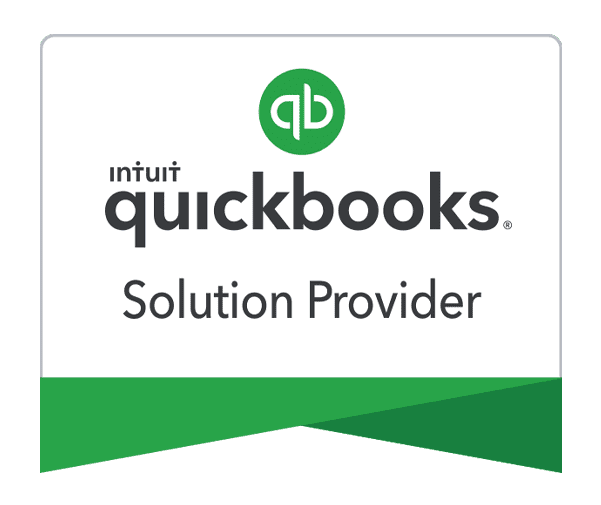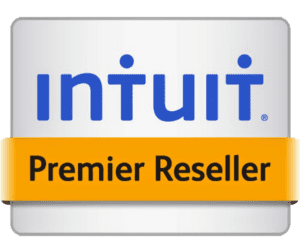Does QBO Payments Have Lower Processing Fees for Keyed-in & Invoice Payments Than Square?

Paygration, Inc.
QuickBooks Online Payments and Square are two popular choices for small and medium-sized enterprises (SMEs) looking to streamline their payment processing. When choosing between the two solutions, many businesses look for saving opportunities in processing transactions, like keyed in and invoiced payments.
Today, we’ll analyze the fee structures of QuickBooks Payments vs Square in terms of keyed in transactions and invoiced payments to help you decide which one is a more cost-effective option.
QuickBooks Online Payments Fee Structure
QuickBooks Online Payments (Source: QuickBooks)
QuickBooks Online Payments, a robust payment management solution, provides businesses with a range of tools, including invoicing and payment processing. Understanding the fee structure is crucial for merchants to assess the cost-effectiveness of using QBO for keyed-in and invoiced transactions.
- Keyed-in Transactions: QuickBooks charges a processing fee of 3.4% plus 25 cents for keyed-in transactions.
- Invoiced Transactions: For invoiced transactions, QuickBooks applies a processing fee of 2.9% plus 25 cents.
Square Fee Structure
Square POS (Source: Square)
Square, a point-of-sale (POS) and payment processing system, caters to businesses of all sizes. To determine its competitiveness in terms of processing fees, let’s explore the fee structure for both keyed-in and invoiced transactions.
- Keyed-in Transactions: Square imposes a processing fee of 3.5% plus 15 cents for keyed-in transactions.
- Invoiced Transactions: For invoiced transactions, Square’s processing fee is 2.9% plus 30 cents.
Which Is More Cost-Effective?
While the percentage difference between QuickBooks and Square for keyed-in transactions is minimal (0.1%), QuickBooks has the upper hand due to the lower fixed fee. However, as the transaction amount increases, QuickBooks becomes the more cost-effective option, saving merchants money on the fixed fee component.
For invoiced Transactions, QuickBooks Online Payments might also be preferable due to its lower transaction fee. The difference may seem minor, but as transaction amounts increase, QuickBooks maintains its cost-effectiveness, ensuring merchants save more on fixed fees.
Learn if QuickBooks Online Payments is right for your business.
Benefits of QuickBooks Online Payments Over Square
Lower Processing Fees for Keyed-in & Invoiced Payments: QuickBooks charges a consistently lower fixed fee for both keyed-in and invoiced transactions. This results in potential savings for merchants, especially those dealing with higher transaction volumes.
Consistency in Invoiced Transactions: While both platforms share the same percentage for invoiced transactions (2.9%), QuickBooks maintains a lower fixed fee, offering a more consistent cost structure. This predictability can be advantageous for businesses managing cash flow.
Ideal for High-Volume Transactions: For businesses processing a high volume of transactions, QuickBooks Online Payments can help you save money.
Integrated Accounting Features: QuickBooks Online Payments seamlessly integrates with QuickBooks Online, providing businesses with a unified platform for invoicing, payment processing, and accounting. This integration can enhance efficiency and streamline financial processes.
Wrap Up
Choosing the right payment processing platform is crucial for the financial health of your business. QuickBooks Online Payments, with its lower fixed fees for both keyed-in and invoiced transactions, stands out as a cost-effective solution, especially for merchants dealing with higher transaction volumes.
















